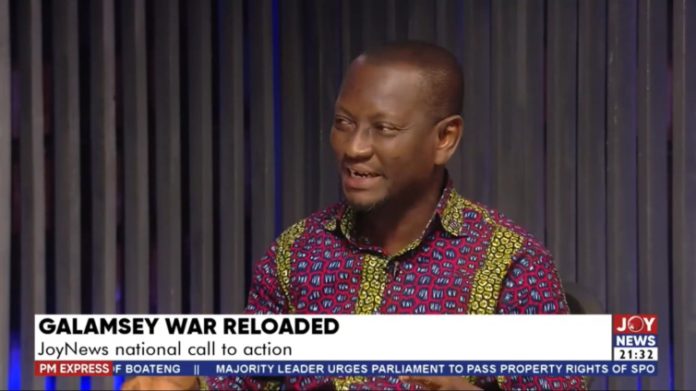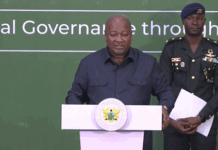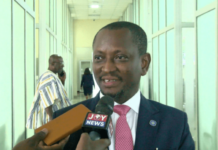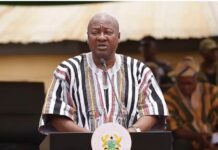
Deputy Attorney-General, Alfred Tuah-Yeboah has raised concerns about politicians being tagged as a symbol of corruption.
According to him, each time corruption and its related practices are mentioned, individuals often reference politicians.
He believes that this reference will deter honest individuals from venturing into politics since they do not want to be tagged with such a description. This, he said, leaves room for “criminals” to assume positions.
Speaking on The Pulse on JoyNews on Tuesday, January 30, he said “If care is not taken, it will come to a point where decent-minded Ghanaians will shy away from holding political office. And when they shy away from holding political office, we create the space for the “criminal” to occupy that space and rule us.
“That is the reason I am very happy if people who are caught in corrupt activities are reported so that we can just isolate those engaged in those activities and deal with them.”
Mr Tuah-Yeboah explained that although those in political offices are not saints, the constant reference to them as symbols of corruption is heart-breaking.
“I feel bad when I hear that all of us [politicians] are painted with the same brush. Those in the Executive, Judiciary, and Legislature, are human beings. We are not saints but the moment corruption is raised especially about the Executive, then it’s like every politician is corrupt,” he said.
He emphasised that before entering into politics, he lived better than he is now. Therefore, the perception that politicians are corrupt is wrong.
“To tell you honestly, when I was in private practice, I was living better than being in the public office now. I always say that this is a national assignment and a national responsibility that we are supposed to perform. For that matter, despite the perception, it is my sacred duty as a Ghanaian to also help (with) what I am supposed to give to society,” he added.
Ghana scored 43 out of 100 for the fourth year running in the recent Corruption Perceptions Index report released by Transparency International.
ALSO READ:






